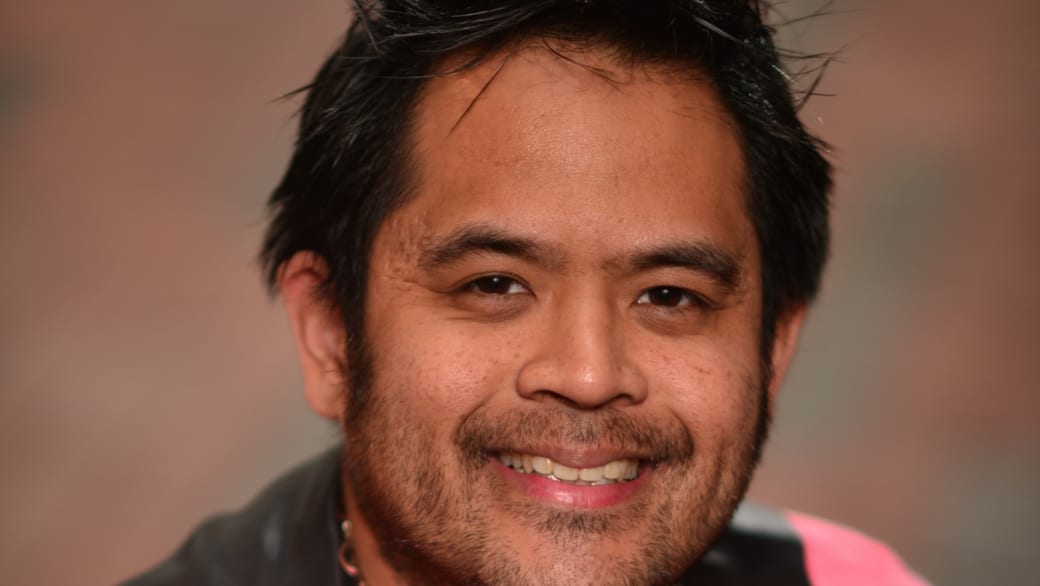Vancouver’s professional queer theatre company is turning 20 this year with its most ambitious season to date.
The frank theatre company launched what it considers its “breakthrough” season with Sister Mary is a Dyke at last summer’s Queer Arts Festival in July 2015, then invited Alberta’s Theatre Outré to present Unsex’d here in December 2015.
Its 2015/2016 season continued in January with the world premiere of Miss Understood at the PuSh Festival, featuring the gritty, candid poetry of trans spoken word artist Antonette Rea, and will conclude at the Cultch in March with an adapted remount of its 2014 hit Ga Ting, about love, family and an immigrant Chinese couple’s attempt to come to terms with their dead son’s lover.
The frank, Vancouver’s only professional theatre company with a specifically queer mandate, is also planning to co-host a conference on the state of queer theatre in Canada with Simon Fraser University’s contemporary arts department in July 2016.
“We’ve never done this many mainstage shows ever,” says CE (Chris) Gatchalian, the frank’s artistic producer. “It’s unprecedented for us, and indicative of the growth that we’ve been experiencing over the last number of years.”
Gatchalian attributes this growth — and the frank’s new relationships with larger presenters like the Cultch and the PuSh Festival — not only to the “mindfulness” of its programming, but to live theatre’s impact as an art form in an increasingly digital world.
“In a world dominated by the virtual, we are offering people the chance to witness, and to tell stories through the most intimate, immediate and concrete of art forms — live theatre,” he says.
“One of the roles I see the frank playing is to push as much as possible an alternative view of things to what is seen as mainstream, dominant and normal,” he continues.
He hopes the frank’s productions remind the queer community who we are and what makes us distinct.
“While queerness is the focus, our plays explore how queerness intersects with other types of marginalization, such as racial and economic,” he adds.
Originally formed as Screaming Weenie Productions in 1996, the company’s initial focus was very much rooted in a time of AIDS and struggle. The company “emerged as a reactionary voice, and at the time it really worked well,” says Joseph Bardsley, who now sits on the frank’s board of directors.
Coming out of the AIDS pandemic and into a new era of gay rights, the frank found itself having to adapt to a changing world, he says. The galvanizing cry of those who lived through the crisis had to make way for a societal shift, coupled with an emerging generation that felt less connected to our community’s history.
“The frank still tells queer stories, but these are now stories of universal resiliency,” Bardsley says. He points, for example, to Ga Ting, about a Chinese immigrant family’s attempt, however strained, to heal by reaching out to their dead son’s unexpectedly gay lover.
“I’m very interested in issues of intersectionality,” Gatchalian says, referring to the many ways in which sexuality can both collide and connect with race, economics and other cultures’ norms. “The queer community is made up of different communities that are in many ways quite disassociated from one another, and we need to be very conscious of all the sectors that make up our community.”
Ga Ting
March 8–19, 2016
The Cultch, 1895 Venables St, Vancouver
thecultch.com/events/ga-ting-family/
thefranktheatre.com

 Why you can trust Xtra
Why you can trust Xtra


